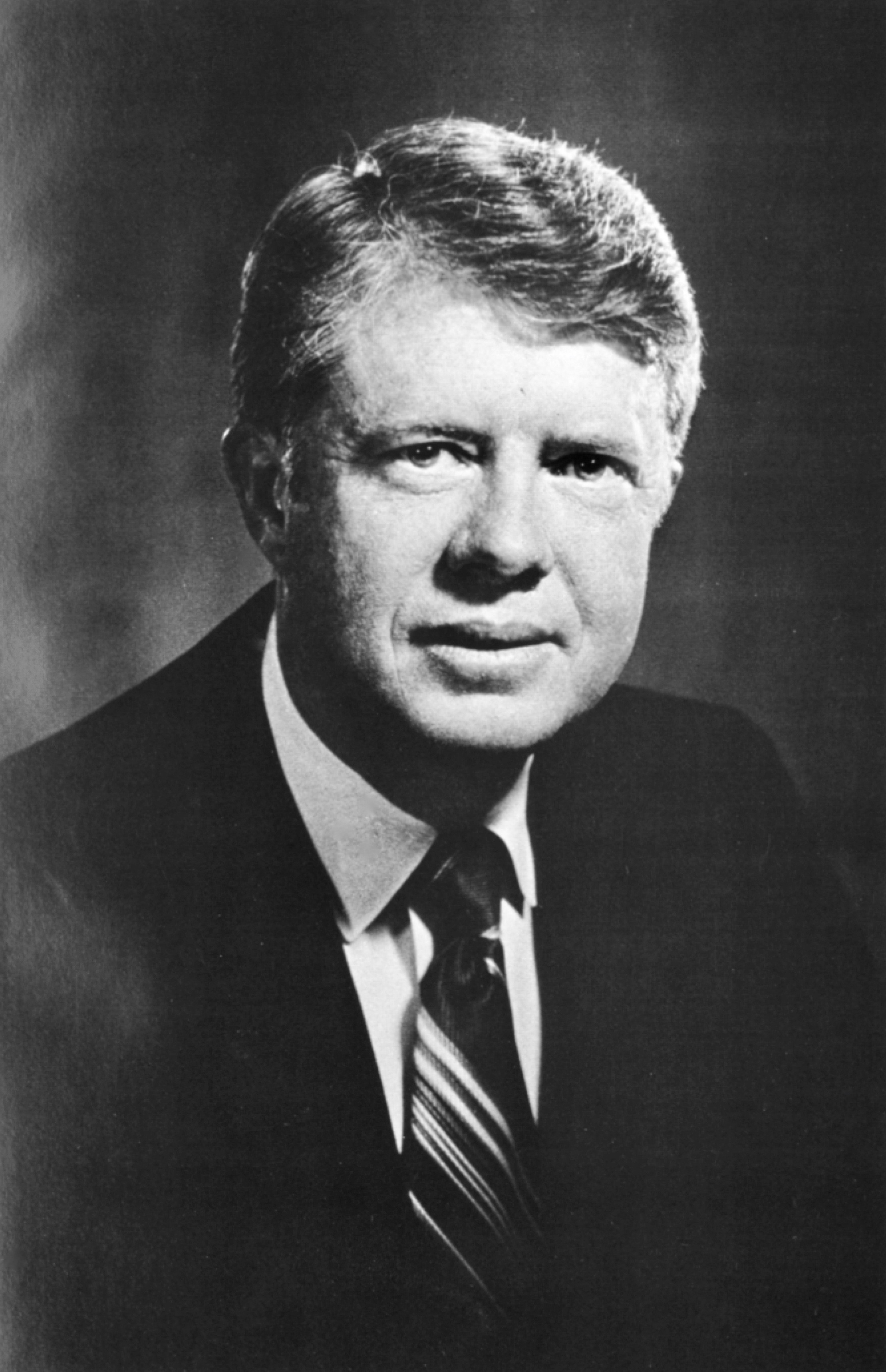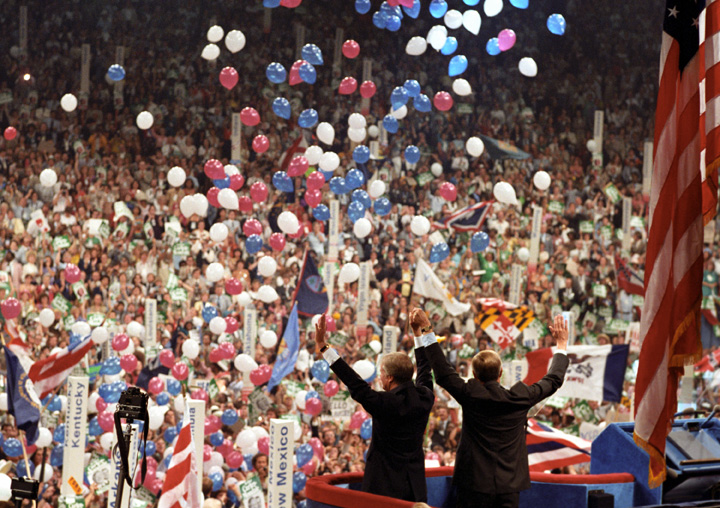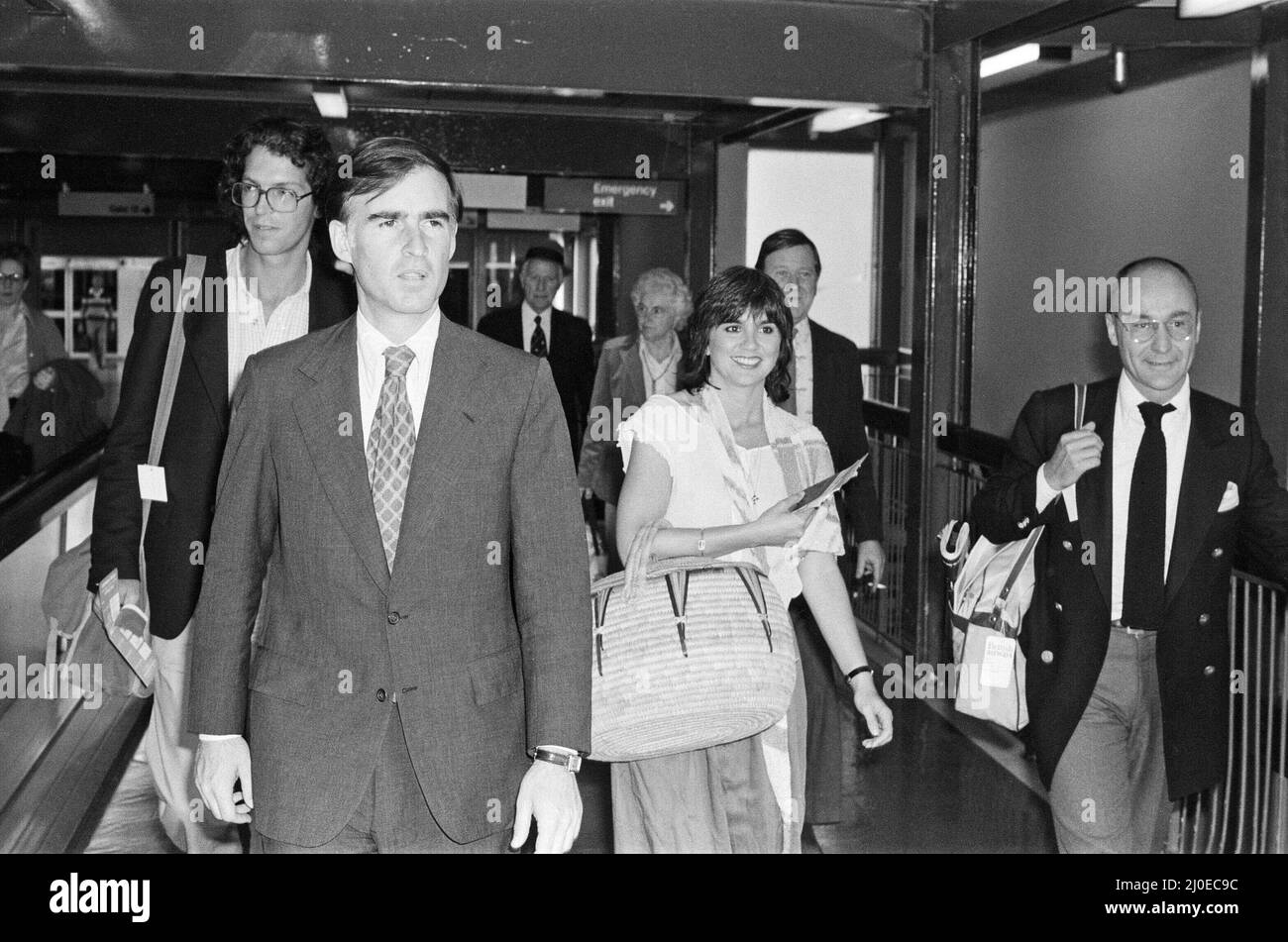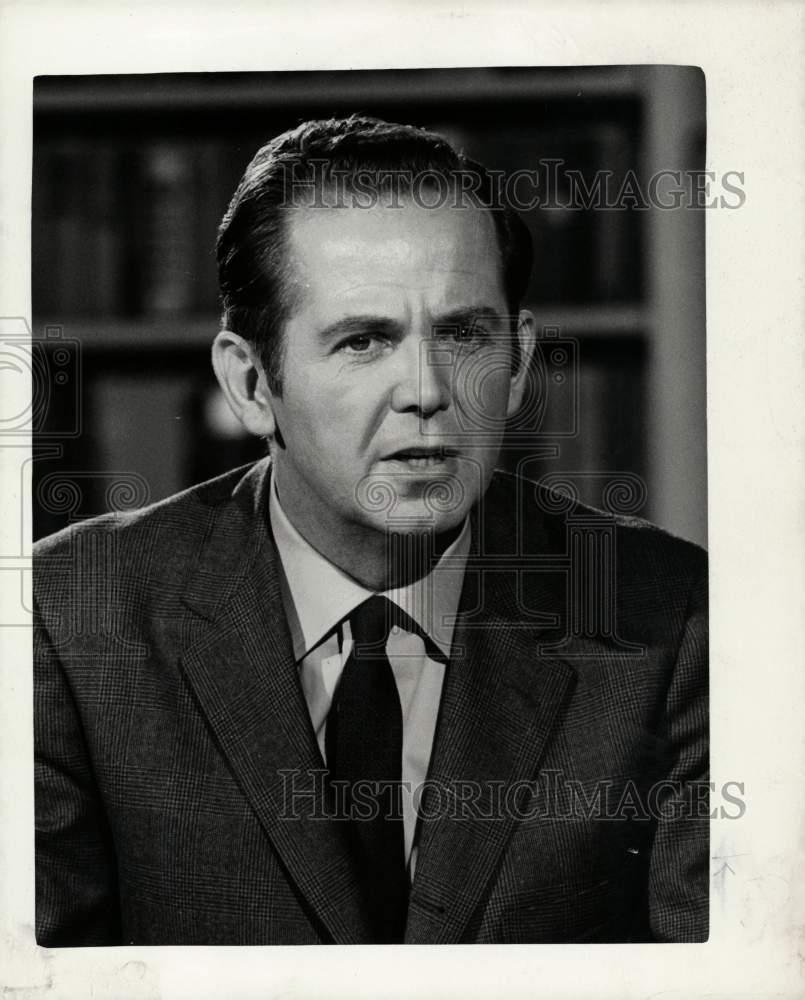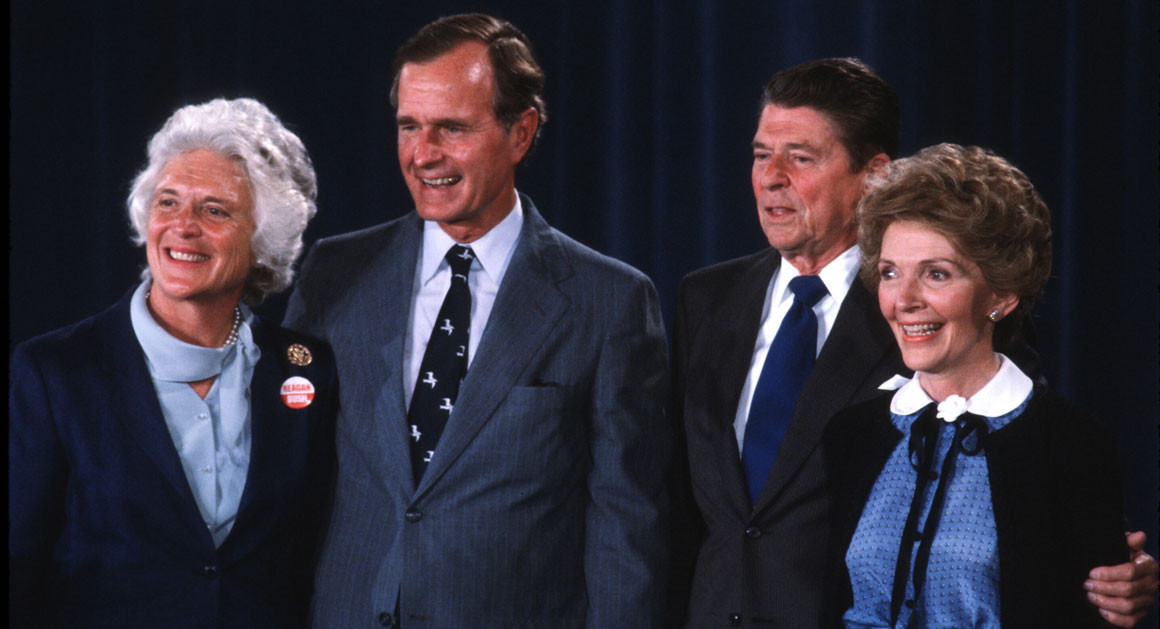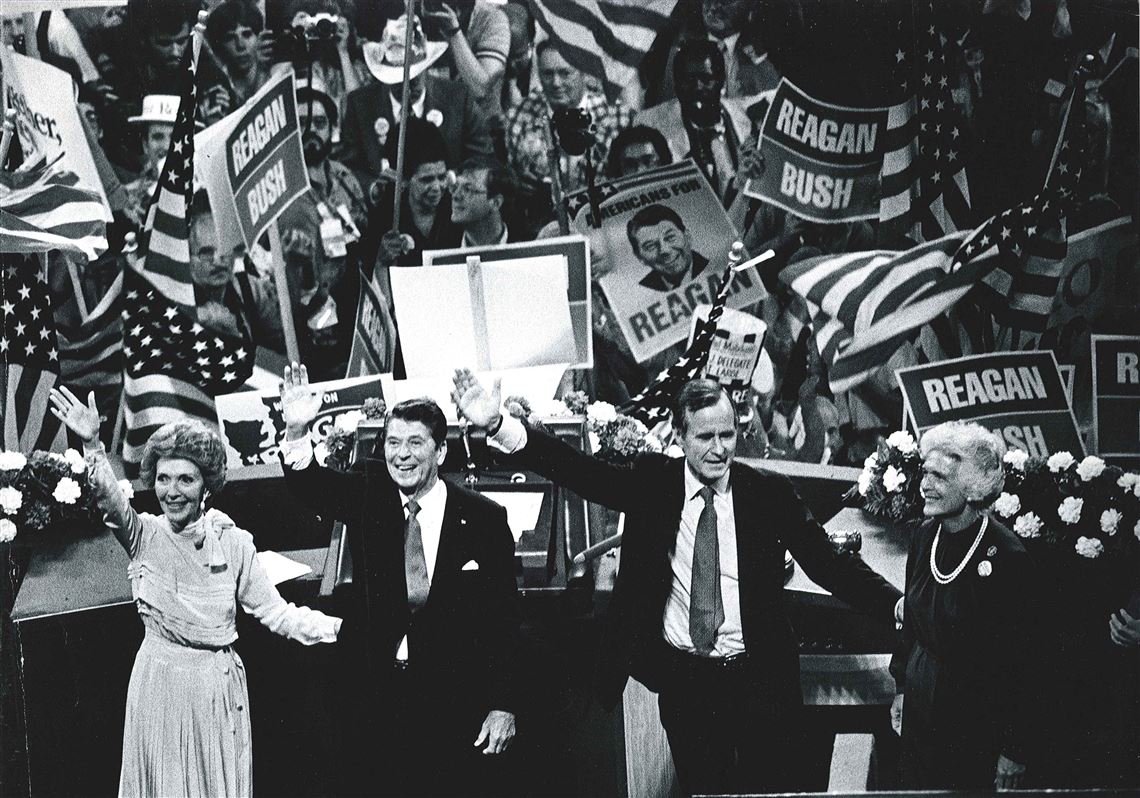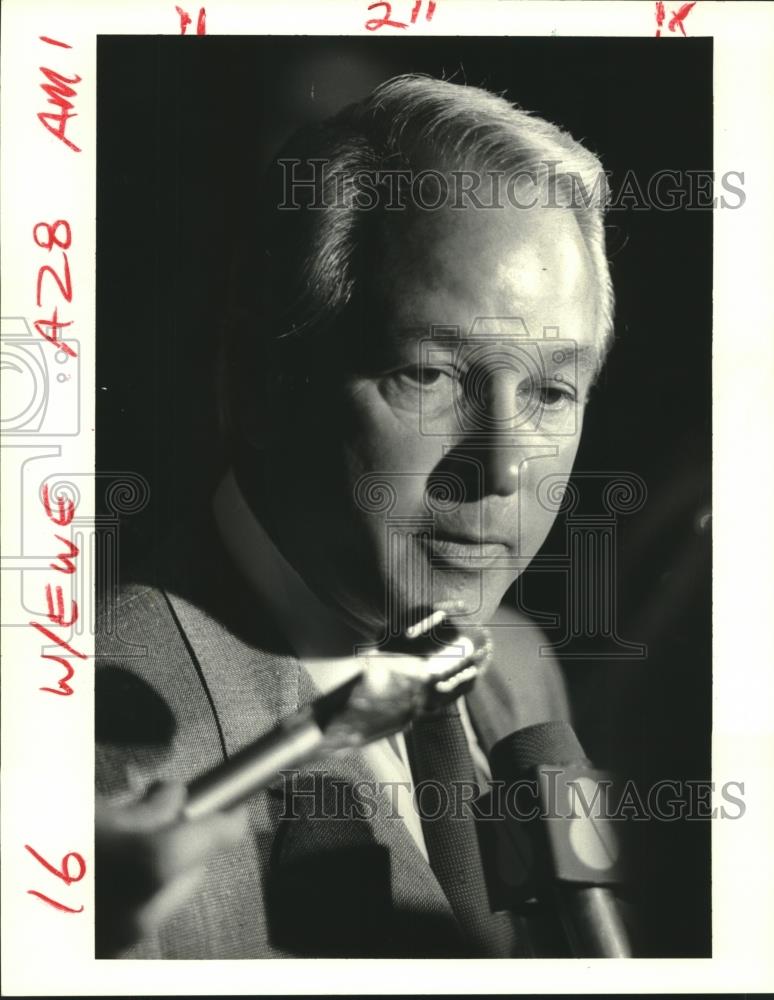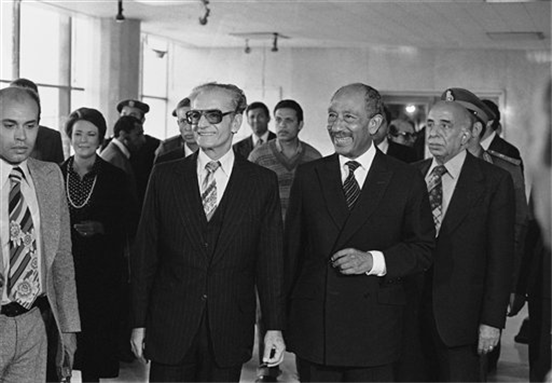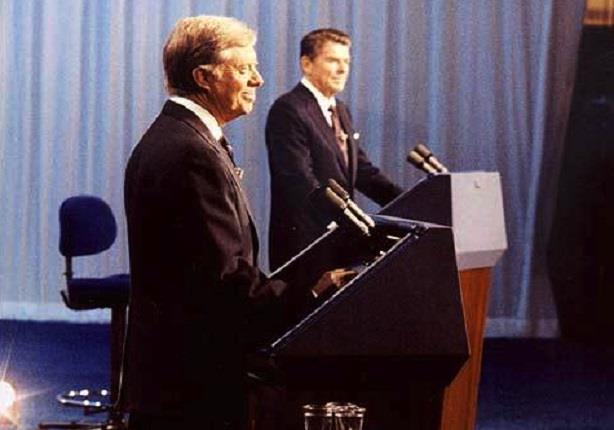September 17th, 1980:
BREAKING: FORMER NICARAGUAN PRESIDENT ANASTASIO SOMOZA DEBAYLE ASSASSINATED IN PARAGUAY
15 months after being ousted from office in the 1979 Sandinista Revolution, former Nicaraguan President Anastasio Somoza Debayle was assassinated as he was being driven from his home in Asuncion to a bank appointment by a team of Sandinistas consisting of four men & three women, who carried out Operation Reptile. At 10:08 AM, the former Nicaraguan President's vehicle was driving through a residential neighborhood on Avenida Espana, a stolen pickup truck had cut in front of the Mercedes & blocked Somoza's vehicle at the intersection of Avenida America. Three men in the truck were assisted by two additional men from the house around the corner of the neighborhood & fired automatic weapons striking Somoza 19 times; After killing the chauffeur, Hugo Iruzun, a member of the Sandinista team carrying out Operation Reptile, fired a rocket-launcher which destroyed the limousine, killing all inside the vehicle including the former President's financial consultant Jose Baittiner.
September 18th, 1980: Soviet lofting space capsule with Cuban astronaut
Arnaldo Tamayo Mendez of Cuba made history becoming the first person of African descent to travel in space, also becoming the first Cuban cosmonaut as he & Soviet astronaut Yuri V. Romanenko were launched on Soyuz 38 to the Salyut 6 space station.
September 20th, 1980:
BREAKING: VICE PRESIDENT JIMMY CARTER NOT ATTENDING FIRST PRESIDENTIAL DEBATE IN BALTIMORE
Angered because of the League of Women Voters decision to inviting US Rep. John Anderson (I-IL) to the first presidential debate, Vice President Jimmy Carter refused to participate in the first presidential debate, which will be set in Baltimore, MD on September 27th. GOP Presidential nominee, former CA Governor Ronald Reagan (R) & Congressman Anderson will go ahead on debating each other in the upcoming first presidential debate.
September 21st, 1980: President Brown signs Intelligence Oversight Act into law
President Jerry Brown signed the Intelligence Oversight Act of 1980 into law, which requires the US government agencies in reporting covert actions to the intelligence committees of both the US House of Representatives & US Senate.

